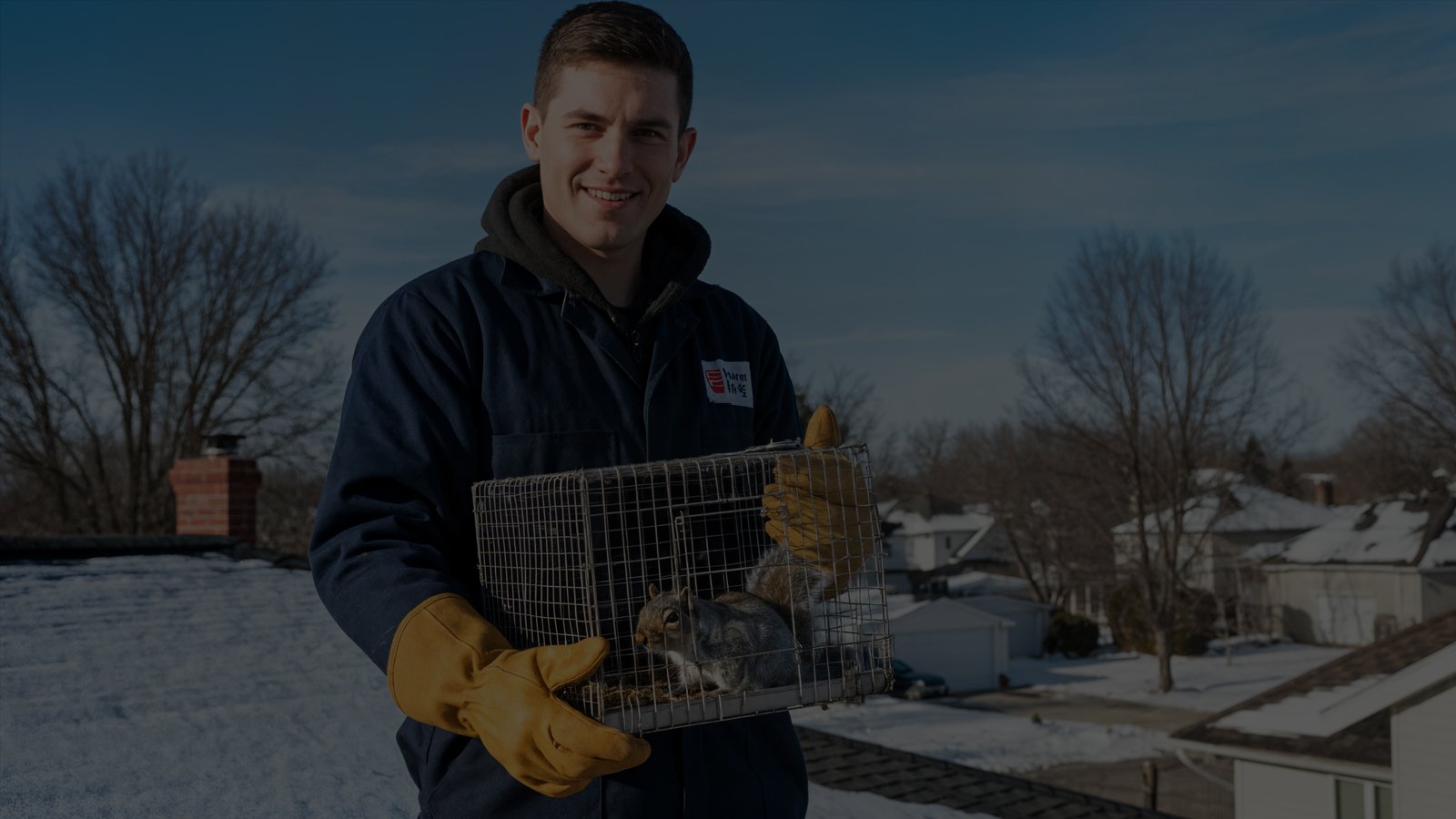Industrial pest control services play a critical role in ensuring a safe and hygienic environment for factories, warehouses, and large-scale production facilities. Pests in industrial settings can cause severe health risks, contaminate goods, and lead to regulatory compliance issues. Professional industrial pest control services focus on eliminating infestations, preventing future pest activity, and protecting business operations from costly damages.
These services provide targeted treatment plans tailored to the unique challenges of industrial facilities. By implementing comprehensive pest management strategies, businesses can maintain compliance with industry standards and ensure the safety of employees and consumers.
Why Industrial Pest Control Services Are Essential
Industrial environments provide an ideal habitat for pests due to the availability of food, water, and shelter. Rodents, insects, and other pests can cause significant damage to machinery, raw materials, and finished products. Contamination from pest droppings, bacteria, and nesting materials can also lead to regulatory fines and damage to a company’s reputation.
Industrial pest control services address these challenges through advanced detection methods and effective treatments. Experts assess the facility’s vulnerabilities, apply specialized solutions, and implement long-term prevention measures. Regular monitoring and maintenance ensure that pest issues are managed before they escalate into severe infestations.
Additionally, businesses that handle food production, pharmaceuticals, and logistics must comply with strict hygiene regulations. Professional pest control services help meet these standards, preventing product recalls and ensuring uninterrupted operations.
Common Pests in Industrial Facilities
Industrial pest control services tackle a wide range of pests, including rodents, cockroaches, ants, flies, stored-product insects, and birds. Rodents such as rats and mice chew through wiring, insulation, and packaging materials, creating fire hazards and contamination risks. Cockroaches spread bacteria and allergens, affecting employee health and workplace cleanliness.
Flies and mosquitoes disrupt production environments and pose health risks by transmitting diseases. Stored-product insects, such as beetles and moths, infest raw materials and finished goods, leading to costly losses. Birds nesting in industrial buildings can cause structural damage and spread diseases through droppings.
Addressing these pest problems requires specialized treatment plans tailored to each facility’s layout, pest activity levels, and operational needs.
Types of Industrial Pest Control Services
Industrial pest control services offer a range of solutions to eliminate and prevent infestations. These include:
- Integrated Pest Management (IPM): A holistic approach that combines biological, mechanical, and chemical control methods to minimize pest risks while reducing environmental impact.
- Rodent Control: Traps, bait stations, and exclusion techniques to prevent rodents from accessing facilities and causing damage.
- Insect Control: Targeted treatments for cockroaches, flies, ants, and other common industrial pests.
- Bird Control: Netting, spikes, and deterrents to prevent birds from nesting in industrial structures.
- Fumigation Services: Essential for warehouses and storage facilities dealing with large-scale infestations of stored-product pests.
These services help industrial businesses protect their assets, ensure regulatory compliance, and maintain a productive work environment.
Choosing the Right Industrial Pest Control Provider
Selecting an experienced and reliable industrial pest control provider is essential for effective pest management. Businesses should look for companies with a proven track record, industry certifications, and tailored service plans. A good provider conducts thorough inspections, identifies potential pest entry points, and offers long-term prevention solutions.
An effective industrial pest control company uses eco-friendly methods that minimize chemical exposure while delivering maximum results. Transparent communication, compliance with safety standards, and customized pest control plans are key factors to consider.
Ongoing monitoring and follow-up services ensure that pest control strategies remain effective, preventing infestations. Partnering with a reputable pest control provider guarantees long-term protection and operational continuity.
Key Components of Effective Industrial Pest Control
A comprehensive industrial pest control strategy involves several key components:
- Risk Assessment: Identifying pest entry points, nesting areas, and vulnerable sections of the facility.
- Preventive Measures: Implementing sanitation protocols, sealing gaps, and eliminating food and water sources.
- Treatment Applications: Using targeted treatments, traps, and exclusion techniques for effective pest elimination.
- Continuous Monitoring: Regular inspections and reporting to track pest activity and adapt strategies as needed.
- Employee Training: Educating staff on best practices for pest prevention to reduce infestation risks.
A proactive approach to pest management helps businesses avoid costly disruptions and maintain a safe working environment.
Maximizing the Benefits of Industrial Pest Control Services
To maximize the benefits of industrial pest control services, businesses should schedule routine inspections, address pest issues immediately, and maintain strict hygiene practices. Working closely with pest control professionals ensures that the most effective and sustainable solutions are implemented.
Combining industrial pest control with proper facility maintenance enhances pest prevention efforts. Regular waste management, prompt repairs, and improved storage practices reduce the likelihood of infestations.
DIY pest control methods may provide temporary relief, but they often fail to address the root cause of infestations. Professional exterminators use advanced tools and techniques to ensure complete pest eradication and long-term protection.
Future Trends in Industrial Pest Control
Advancements in pest control technology are revolutionizing the industry. Smart pest monitoring systems, eco-friendly pesticides, and biological control agents are improving pest management effectiveness while reducing environmental impact. Data-driven pest control solutions allow businesses to detect pest activity in real time, leading to faster response times and improved prevention strategies.
Industry regulations are also evolving to promote safer and more sustainable pest control practices. As businesses become more aware of the importance of integrated pest management, demand for environmentally responsible solutions continues to grow.
Conclusion
Industrial pest control services are essential for maintaining a pest-free environment in factories, warehouses, and large-scale operations. These services provide targeted solutions to prevent infestations, ensure compliance with hygiene regulations, and protect business assets.
By investing in industrial pest control, businesses can avoid costly damages, minimize health risks, and enhance operational efficiency. Partnering with a trusted pest control provider and implementing preventive measures guarantees long-term success in maintaining a pest-free industrial environment.
